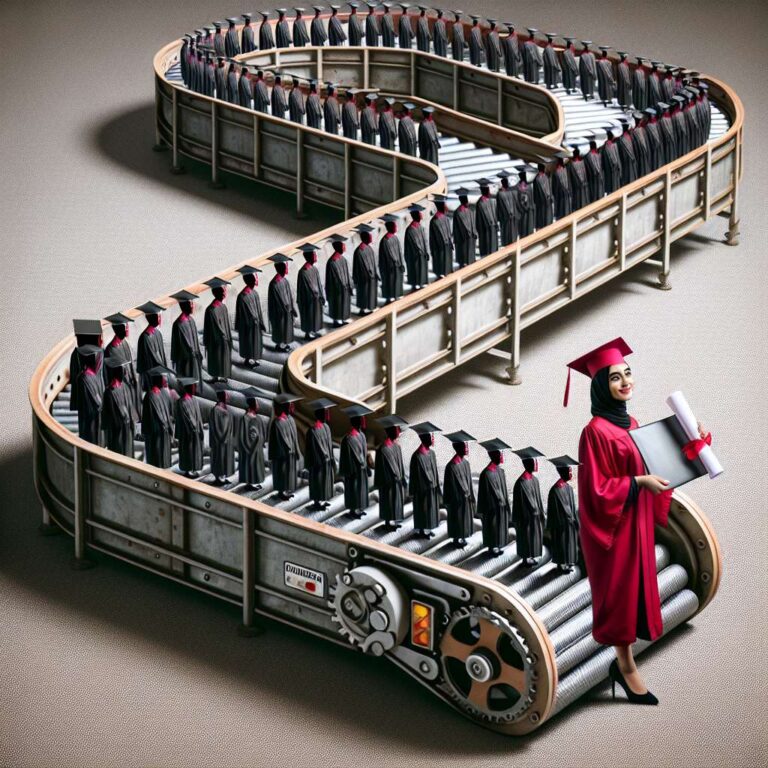Recent trends indicate that automation powered by artificial intelligence is driving a surge in unemployment rates among college graduates. As evolving technologies become embedded within key sectors, many roles traditionally filled by individuals with specialized degrees are being replaced or made redundant. This automation disproportionately affects new entrants to the workforce, compounding challenges for those seeking to leverage their academic qualifications in the labor market.
Job sectors once considered steady are experiencing significant upheaval. Fields such as data analysis, finance, and even creative industries now utilize complex algorithms to accomplish tasks that previously required human oversight. As a consequence, students investing in higher education are increasingly fearful of uncertain job prospects after graduation. Some institutions have responded by adjusting curricula to include more technology-centric skills, though the pace of change continues to outstrip adaptation efforts.
Policymakers and industry leaders are under growing pressure to respond, exploring avenues for upskilling programs and creating incentives for sectors that still value human expertise. Critics warn that without coordinated intervention, the mismatch between available jobs and the qualifications of recent graduates will worsen, slowing economic growth and eroding confidence in higher education as a pathway to stable employment. In this climate, the impact of artificial intelligence on the workforce has become a central issue in debates around education policy and economic planning.

